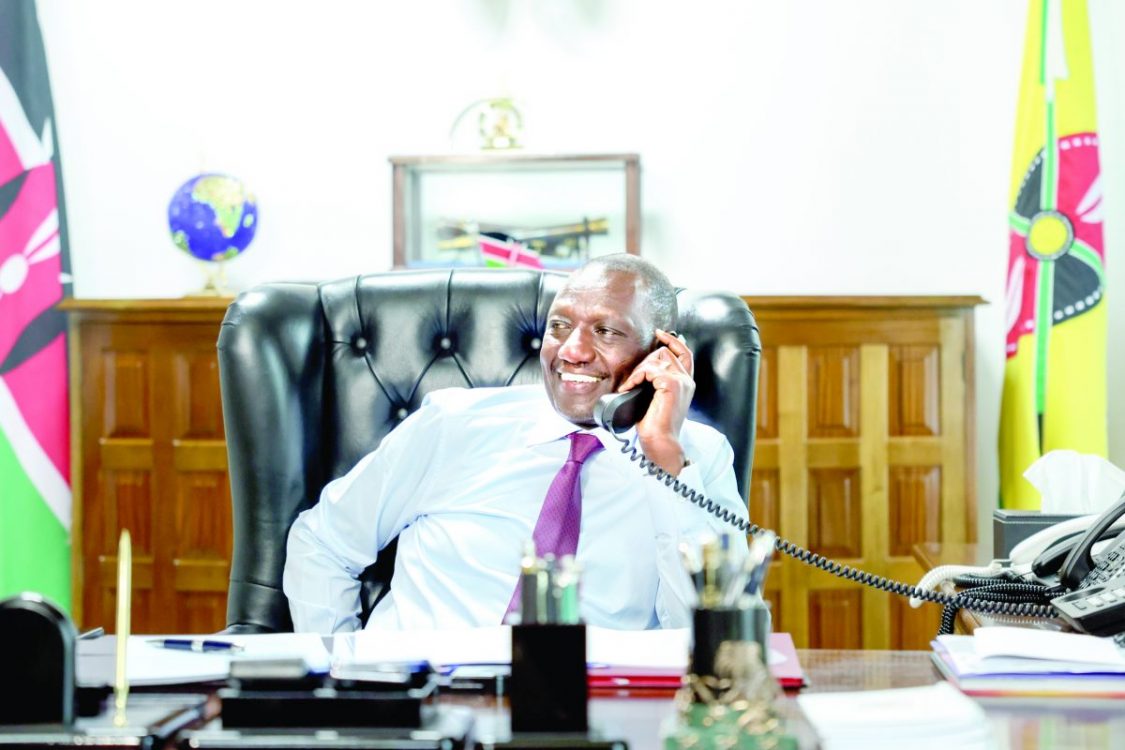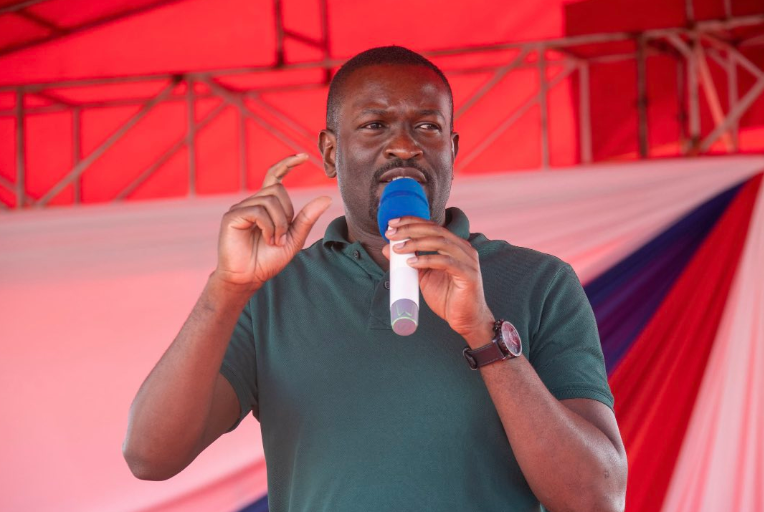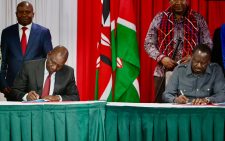Weight of public expectation a test of integrity

President William Ruto’s State of the Nation address last Thursday revealed that credibility is the biggest challenge facing his government slightly more than one year after assuming office.
Addressing members of the National Assembly and Senate, the nation was keen to hear his stately rendition at this critical political, economic and social period in Kenya’s history.
With wananchi recalling promises his political alliance made during heated campaigns and in its manifesto before the 2022 General Election, the government faced a major credibility test as Ruto took to the podium.
Credibility refers to the quality of being trusted and believed in, being convincing or believable. Did this crucial annual speech pass the credibility test or did it suffer public loss of credibility?
The jury is out on this sensitive national issue touching on the lives of millions of Kenyans across the political divide deeply affected by the acutely high cost of living.
Although Ruto’s speech acknowledged people are suffering from his government’s painful economic policies driven by the burden of higher taxation and a harsh revenue collection regime, it failed to convince them of how these drastic measures would ameliorate their already dire predicament.
The State of the Nation address is central to our national ethos, anchored in Article 10 of the Constitution on national values and principles of governance that binds all State organs, State officers and public officers.
Ruto’s speech on Thursday is bound by this Article that espouses patriotism, national unity, sharing and devolution of power, the rule of law, democracy and participation of the people.
It further commits human dignity, equity, social justice, inclusiveness, equality, human rights, non-discrimination and protection of the marginalised as cardinal national values and principles.
Plus good governance, integrity, transparency, accountability and sustainable development.
Measured against the 17 clauses clearly demarcated in Article 10, Ruto’s speech fell far short in managing public expectations and the threshold of democracy envisaged in the people’s political emancipation inextricably linked to socio-economic justice and electoral justice.
Concerns about leadership and integrity, corruption, impunity, arrogance, deception, nepotism in State and public appointments and lack of transparency and accountability are severely eroding public confidence in national governance.
High taxes fueled by the hugely unpopular Finance Act 2023 that doubled VAT to 16 per cent and imposed the 1.5 per cent housing levy, higher National Health Insurance Fund deductions, and astronomical fees on public documents have proved to be the government’s Achilles heel.
Energy Cabinet Secretary Davis Chirchir’s announcement that the price of fuel may hit the Sh300 per litre mark could if it comes to pass trigger further skyrocketing of the cost of basic commodities (food) and services, igniting greater public resentment and social unrest.
The Executive must adhere to the oath of office stipulated in Article 10 of the Constitution upholding democracy and unfettered participation of the people in the conduct of national affairs touching directly on their lives.
There is a common public perception that the Executive wields undue influence on other arms of government, especially the Legislature, “capturing” and manipulating its representation, legislation and oversight roles, rendering it toothless to become a mere rubber stamp of the Executive.
It is difficult for the economically heavily burdened to be convinced of the credibility of a State of the Nation speech in a government-dominated Parliament under the weight of excuses, unfulfilled promises, unseen achievements and distant hopes of redemption.
—The writer comments on national and economic issues.
– albertoleny@gmail.com












